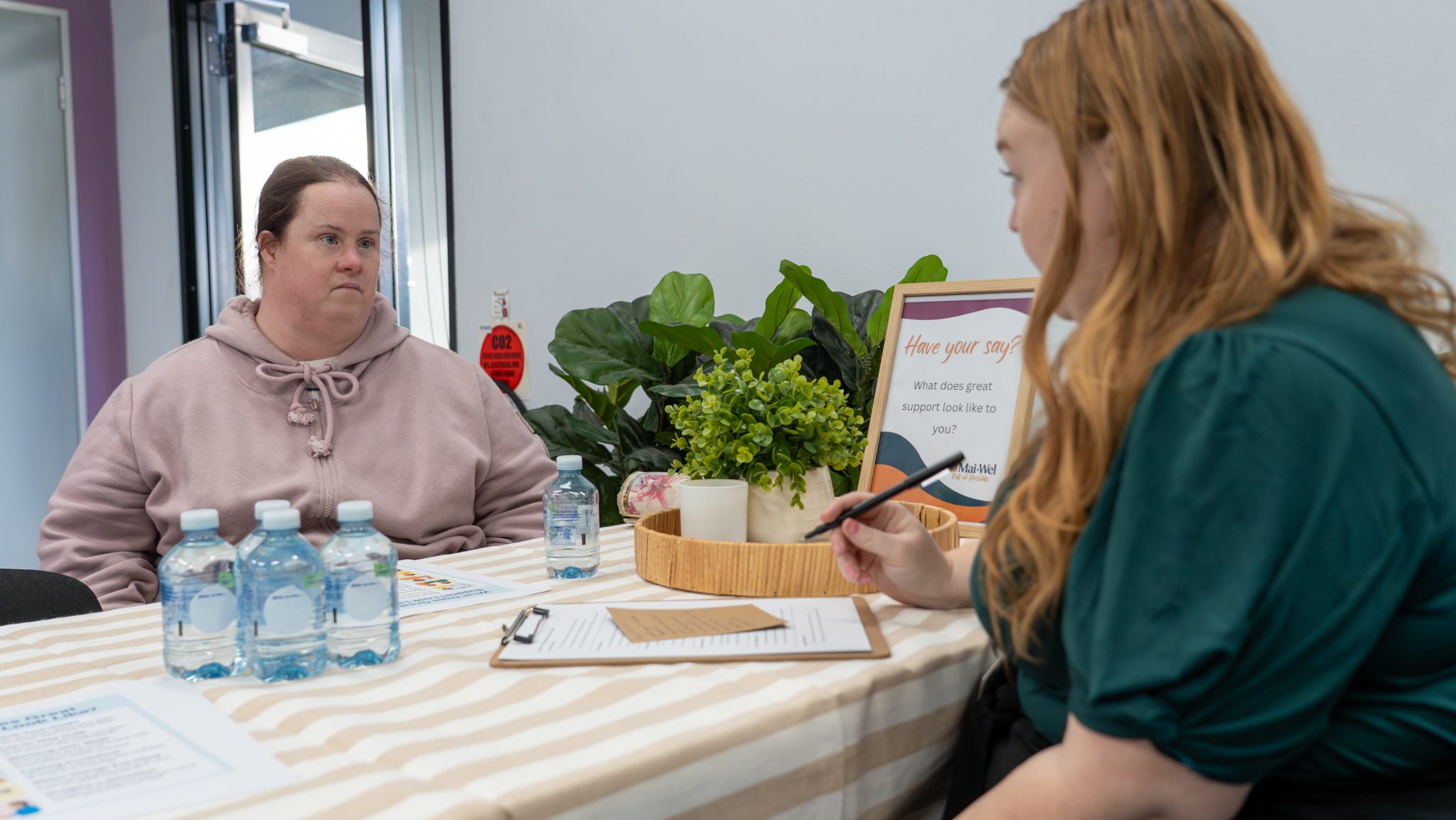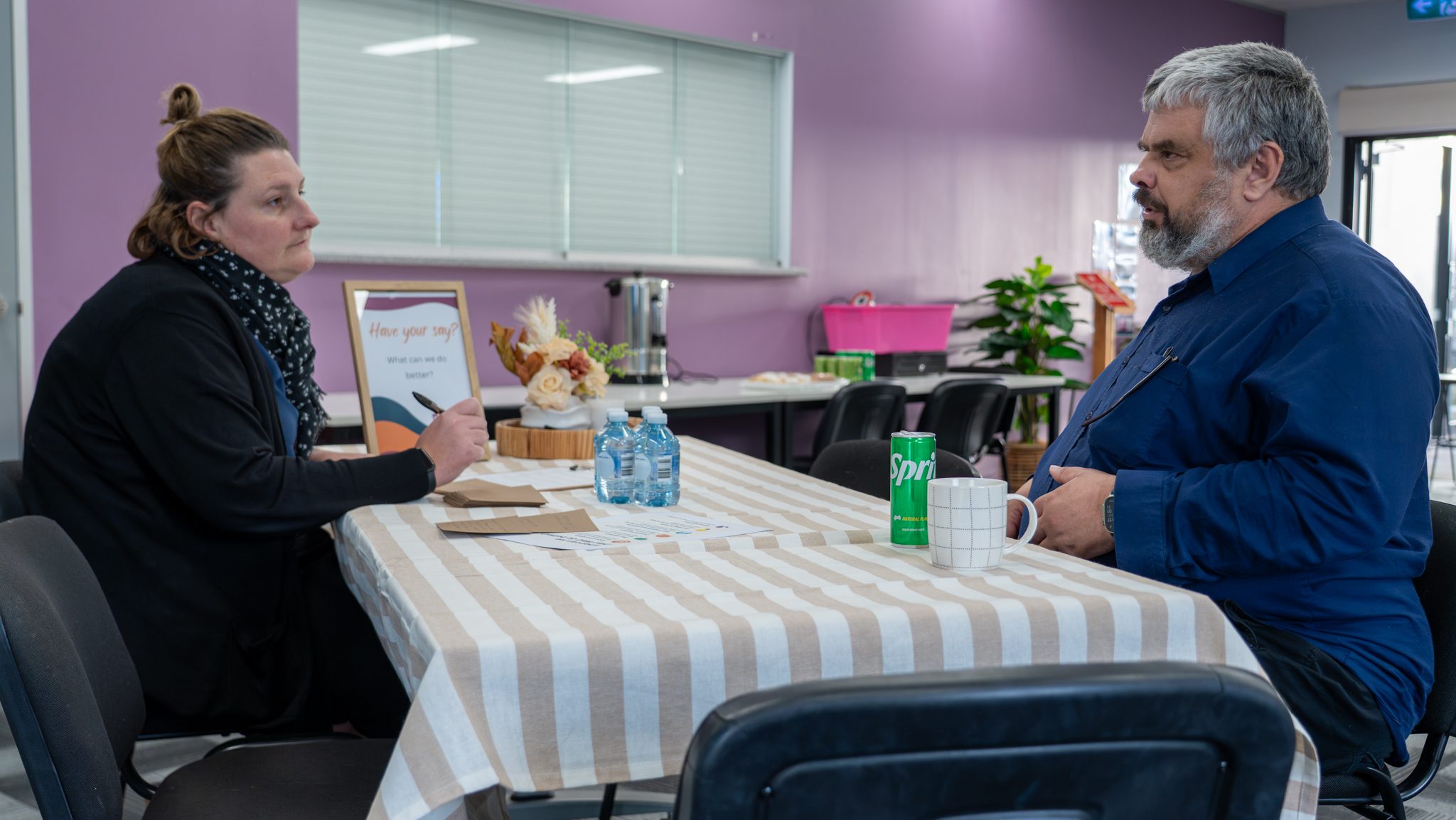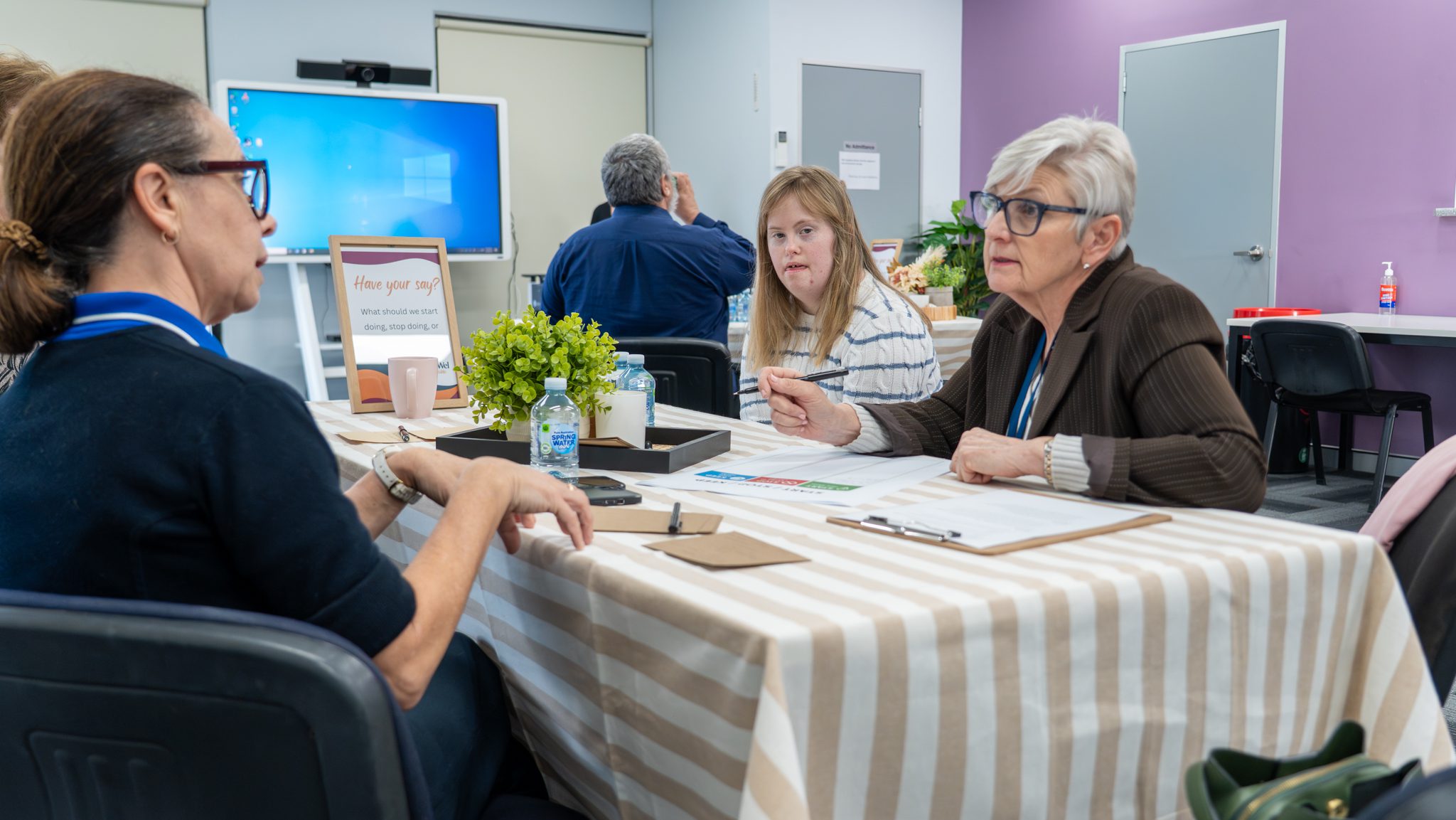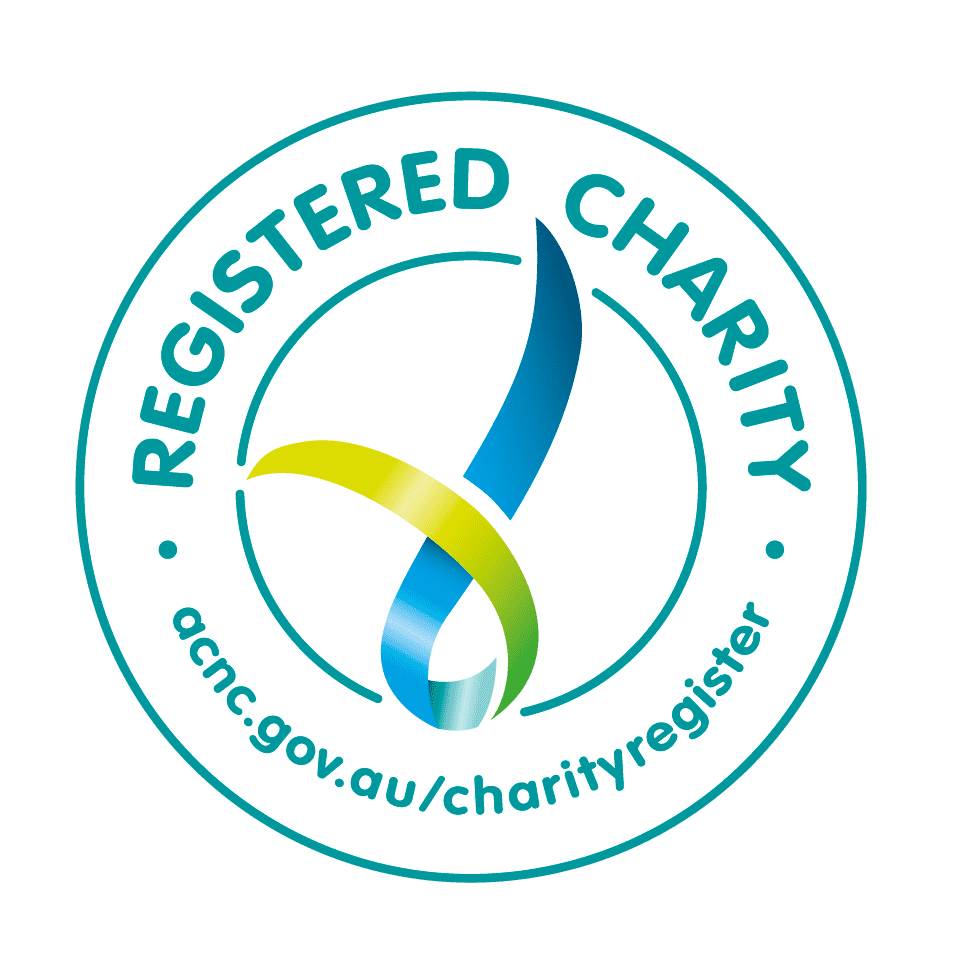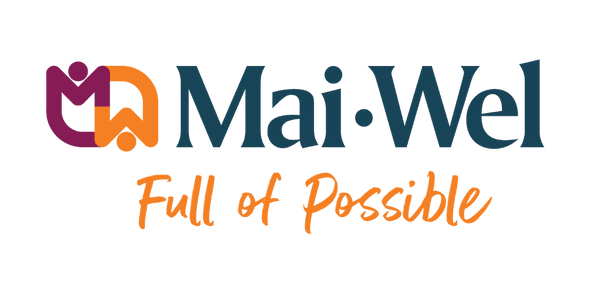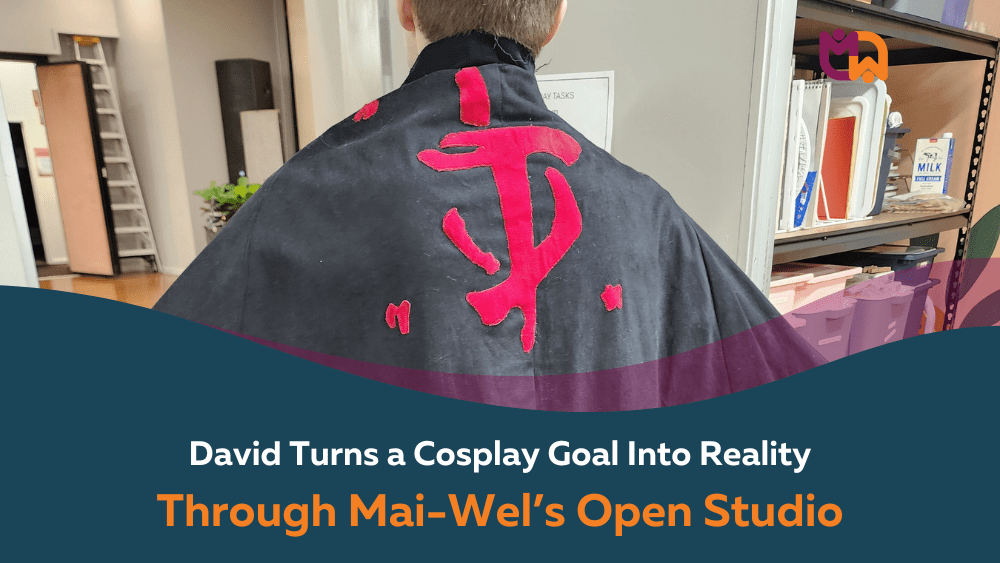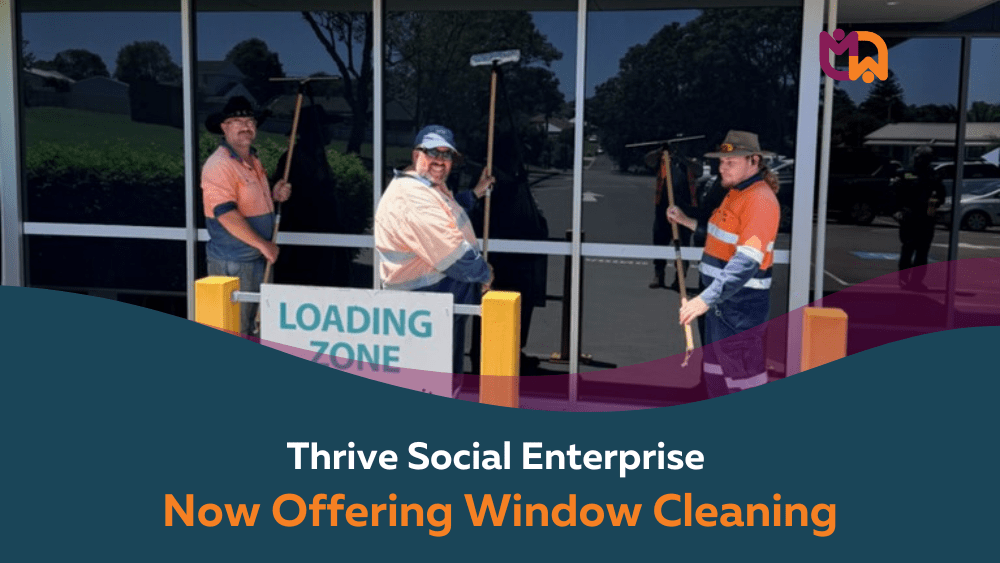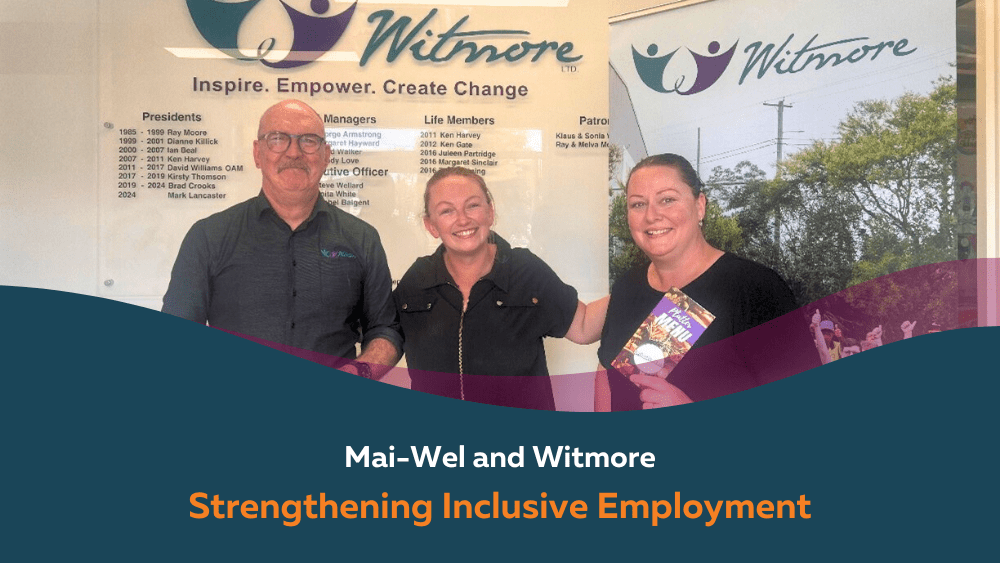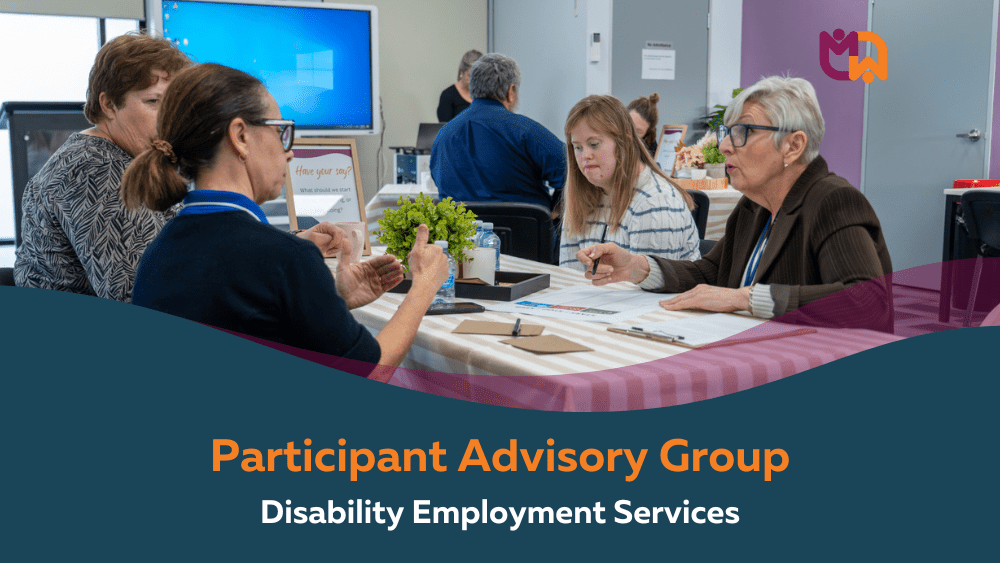
Insights from our Disability Employment Services Participant Advisory Group
What we learned from listening to our participants
In August 2025 we held a Disability Employment Services Participant Advisory Group where we invited people who use our services to engage in a focused World Café-style conversation.
We wanted to focus the discussion on how we can best support people who use our services, capture ideas as they emerged, and bring them together at the end.
Topics that guided the conversation
We prepared prompts that provided structure without limiting the stories or suggestions that participants and their families wanted to share.
The discussions were based on three themes:
- What does great support look like?
- What can we do better?
- What should we start doing, stop doing, or keep doing?
What great support looks like
Participants told us they value a mix of elements that build what they consider great support. Clear, timely communication and reliable follow-up are important. So is access to learning that builds confidence over time, including skill-building courses where appropriate.
Strong themes were noted around constructive, respectful, and supportive communication and feedback as descriptors of what great support looks like.
How Mai-Wel can further support participants
Our discussions also highlighted ways that our services can continue to improve. Participants asked for more variety in opportunities, and emphasised the value of accessible, easy to understand information for key processes and updates.
Practical suggestions included refining everyday environments and tools that support learning and comfort and continuing to collaborate with local training providers so people can build job-ready skills at the right pace.
What we should start, stop, and keep doing
Participants told us they wanted to start seeing additional learning and skill-building opportunities, additional site visits and tours, and more extensive pre-start information. Families also expressed they'd like to start developing plans to continue building skills at home between shifts.
They were also clear about what to stop. Duplicate communications slow progress, and they would prefer fewer touchpoints with simple messaging that make next steps easy to follow.
There was also strong agreement on what to keep. Listening, celebrating achievements, and creating regular opportunities for feedback all make a noticeable difference. Participants told us these moments build confidence and connection and help keep services aligned with their personal goals.
What happens next?
From here, our team will translate feedback into practical changes. This includes exploring additional learning opportunities, updating pre-start packs, and trialling new formats for key communications. These steps reflect what we heard and what matters most to participants.
